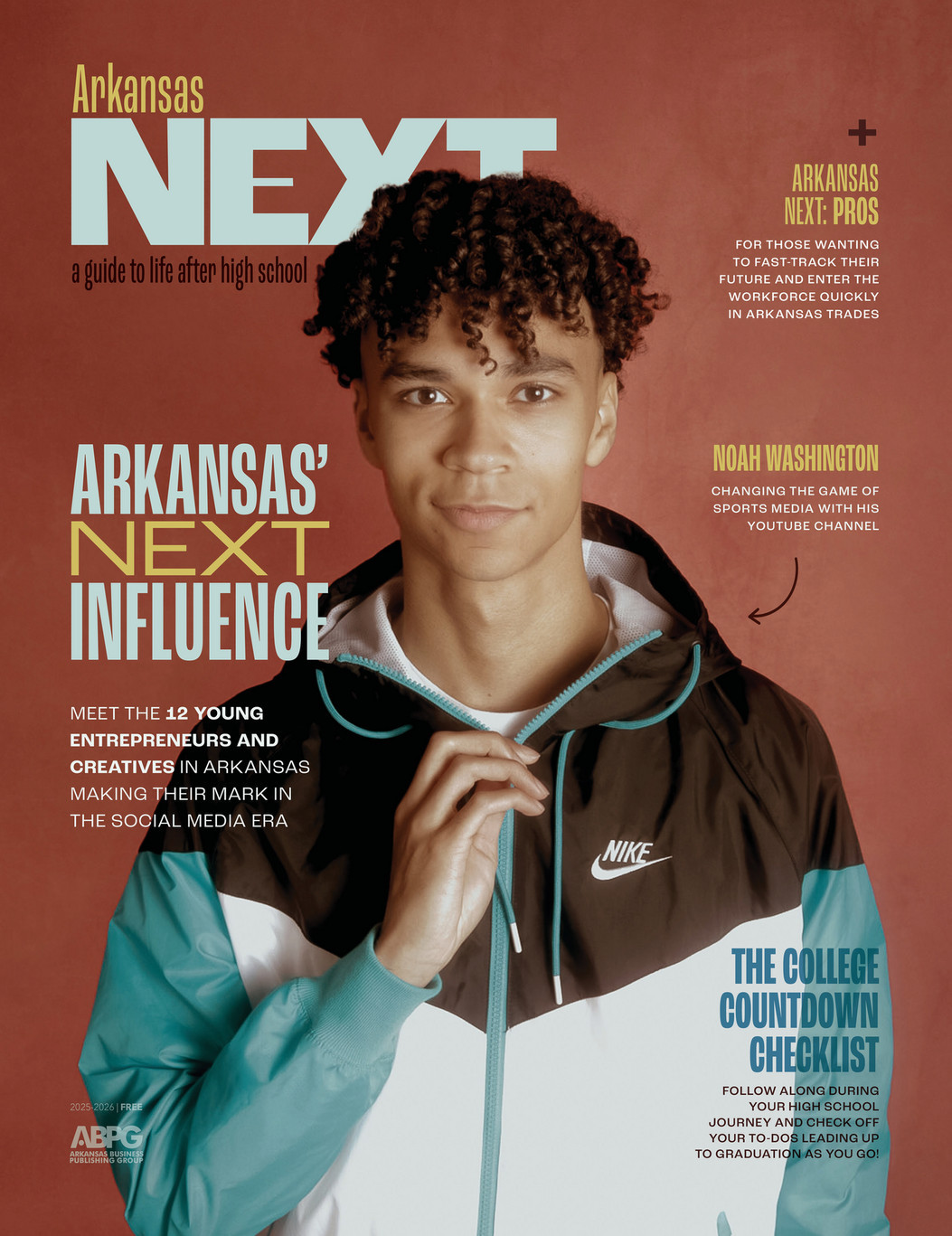Going Greek: The Truth About Fraternities & Sororities
By Arkansas NEXT Staff on Tuesday, September 3, 2019

There’s more to Greek life than you might think. They’re different at public and private universities. They defy the myths and stereotypes. And they aren’t for everyone.
AT A PUBLIC UNIVERSITY
When you think of the Greek life you see in the movies, that’s often a not a true portrayal. Real life Greek chapters consist of their own collections of national organizations, each with their own unique rush, recruitment and intake processes.
The Panhellenic Council (PC) is the governing body for 26 national and international female sororities, the Interfraternity Council (IFC) is the governing body for 64 national male fraternities and the National Pan-Hellenic Council (NPHC) is the national governing body for historically African-American fraternities and sororities.
Others that exist in Arkansas include United Greeks Council (UGC) — University of Arkansas' governing body for its two Latino chapters — and Independent Greek Council (IGC) — University of Central Arkansas’ governing body for its two Latino chapters and Christian sorority.
AT A PRIVATE UNIVERSITY

Private schools often have social clubs, which are similar to Greek organizations, but only exist on that particular campus. Ouachita Baptist University is home to 10 social clubs with new members rushing in the spring. Harding University is home to 15 female social clubs and 14 male social clubs. Students undergo the recruitment process during the fall semester.
Recruitment & Intake for Sororities and Fraternities at Public Universities
Generally, PC and IFC have preview days in the summer, with formal recruitment taking place in the fall, often requiring an online application due during summer. The NPHC has a formal member intake process (MIP) after you have completed 12 hours of college credit including a seminar, orientation and final induction.
Pledging a Social Club at Private Universities
Each private university is a little different when it comes to the club process, but most involve open houses and mixers followed by a voting process based on ranking from both sides. After accepting a bid (your official invitation to join), new members go through activities to become acclimated to the club.
“Greek life was the main thing that helped me transition. I didn’t know anyone when I got to UCA. Having an organization to be involved in helped me get plugged into the university and the community.” — Wilson Marseilles, senior and president of Kappa Sigma at UCA.














